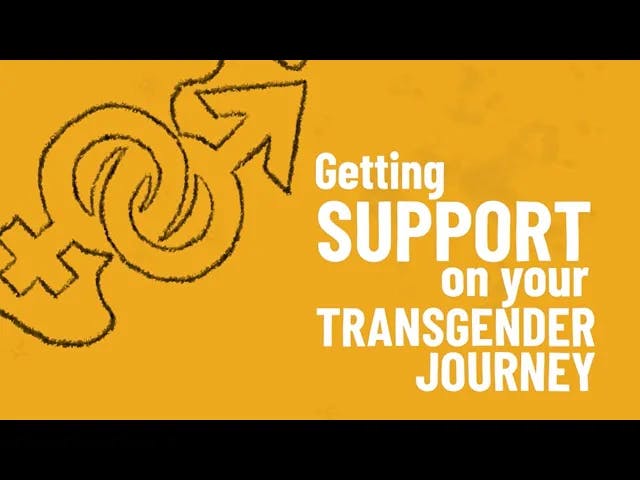People whose gender identity (how you feel about being male or female) is opposite to their biological sex (the male or female parts of your body) are sometimes called transgender, or trans for short. Trans women are born with a penis and other male characteristics but identify as female. While trans men are born with a vagina and other female characteristics but identify as male. People who don’t identify as male nor female, or identify as both, are sometimes called non-binary or gender diverse.
Being transgender or non-binary will mean different things to different people. And not everyone wants to use these terms to describe themselves, and that’s fine.
